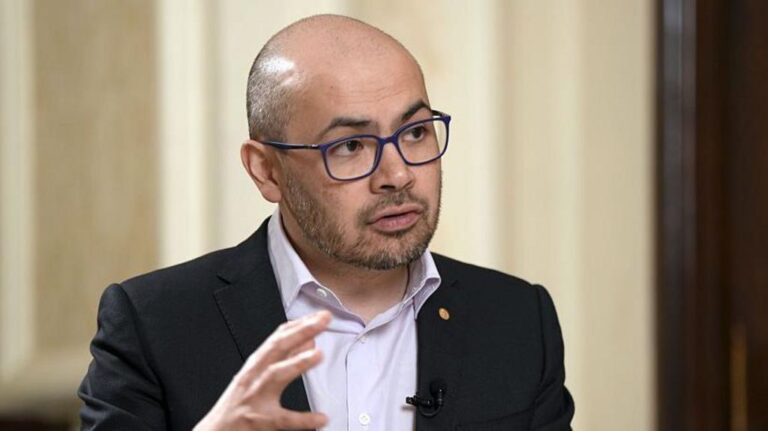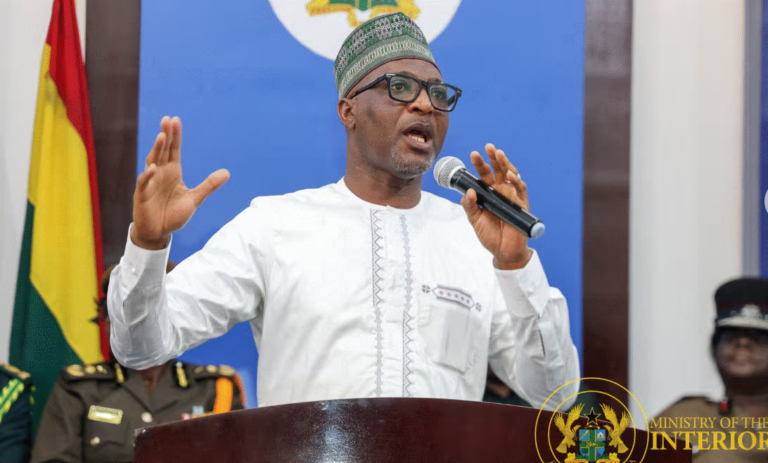

Bank of Ghana assures of not compromising on economic gains as it reflects on recent macroeconomic progress at an emergency Monetary Policy Committee (MPC) meeting held on Thursday, 17 July 2025. The committee highlighted steady disinflation, robust GDP growth, improved external balances and a stronger cedi, while warning that global conditions remain uncertain.
Strong Disinflation Momentum
Headline inflation has fallen for six months in a row, dropping from 23.8 per cent in December 2024 to 13.7 per cent in June 2025. This rapid decline reflects the impact of tighter monetary policy, moderated demand pressures and stable food prices. Core inflation, which excludes volatile items such as food and energy, has also eased, signalling that inflation expectations are re-anchoring among businesses and consumers. The committee noted that this decline supports the ongoing recovery in real incomes and helps maintain purchasing power for households.
Real Sector Performance
Economic activity continues to expand at a healthy pace. Real GDP grew by 5.3 per cent in the first quarter of 2025, while non-oil sectors recorded even stronger growth of 6.8 per cent. The agriculture sector benefited from favourable weather and higher output of staple crops, while services such as telecommunications, retail and transport expanded on the back of rising domestic demand. Industrial output also picked up, driven by mining and construction projects. The MPC observed that this broad-based growth enhances employment opportunities and contributes to fiscal revenues.
External Sector Improvements
The external position has strengthened markedly. In the first half of 2025, Ghana recorded a provisional trade surplus of US$5.6 billion, compared with a surplus of US$1.4 billion in the same period last year. A current account surplus of US$3.4 billion was registered, a significant improvement on the US$283.1 million surplus posted in the first half of 2024. These surpluses reflect higher commodity export earnings from gold and cocoa, steady remittance inflows and improved terms of trade. As a result, gross international reserves rose to US$11.1 billion at end-June, sufficient to cover 4.8 months of import needs, up from US$8.98 billion at end-2024.
Exchange Rate Appreciation
The Ghanaian cedi has appreciated by 42.6 per cent against the US dollar year-to-date. This gain reflects strong foreign exchange inflows, improved investor confidence and prudent policy measures that have reduced pressure in the FX market. The Bank of Ghana’s interventions, including targeted auctions and enhanced transparency, have contributed to a more orderly market. A stronger cedi helps lower the cost of imported goods and services, supporting the disinflation process.
Global Economic Outlook
Despite the positive domestic indicators, the global economy remains fragile. Growth is projected to slow from 3.3 per cent in 2024 to 2.8 per cent in 2025. Financial conditions in major economies are tight, with central banks maintaining restrictive policies to bring down inflation. Geopolitical tensions and supply chain disruptions pose additional risks. The MPC stressed that external headwinds could affect commodity prices and capital flows, underscoring the need for continued vigilance.
MPC’s Commitment
“Overall, the Committee noted significant improvements in the current macroeconomic conditions and the positive outlook,” the Bank of Ghana statement said. “Inflation expectations are broadly anchored, external buffers have strengthened, and confidence in the economy is returning. The Committee reaffirmed its commitment to support the recovery process without compromising the gains achieved so far.”
MPC members emphasised that future policy decisions will remain data-driven. They stand ready to adjust policy settings if inflation deviates from the target path or if external pressures threaten financial stability. The committee’s cautious approach aims to safeguard hard-won gains while fostering sustainable growth.
Looking Ahead
In the coming months, the Bank of Ghana will continue monitoring key indicators, including domestic price trends, credit growth, reserve levels and currency movements. Collaboration with fiscal authorities will be essential to ensure that budgetary policies complement monetary efforts. Strengthening financial sector resilience and deepening domestic capital markets are also priorities to reduce dependence on external borrowing.
For households and businesses, the outlook is encouraging. Lower inflation and a stronger currency should ease cost pressures. Meanwhile, solid GDP growth and rising exports will support job creation and incomes. The Bank of Ghana’s clear stance on maintaining economic stability provides reassurance that policy frameworks remain aligned with long-term development objectives.



